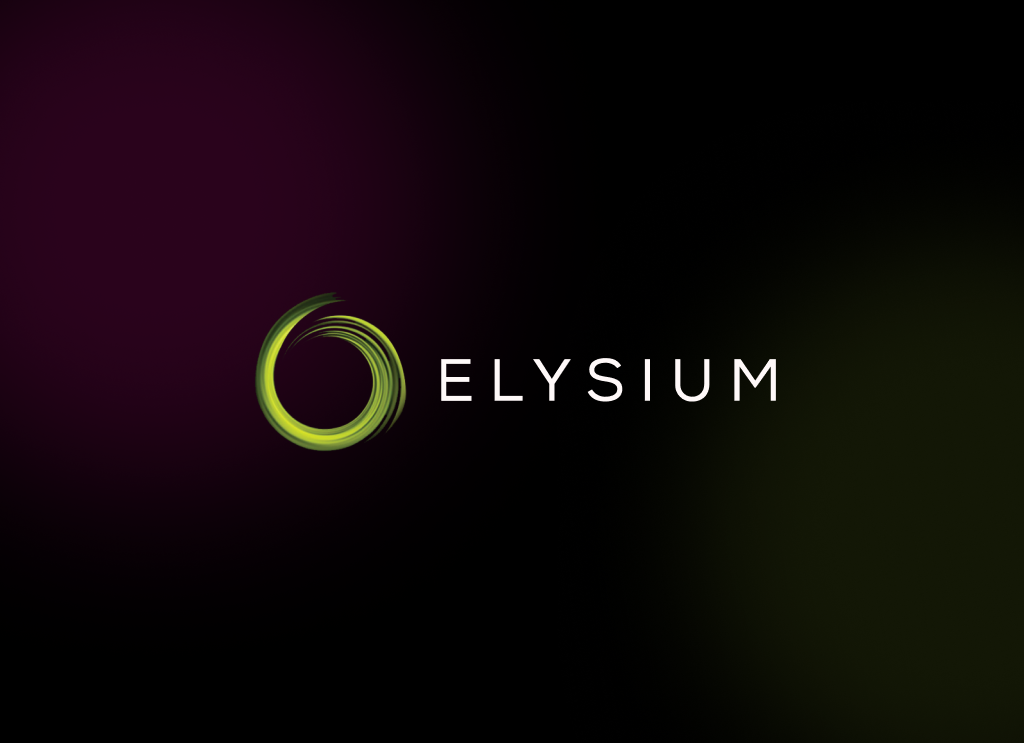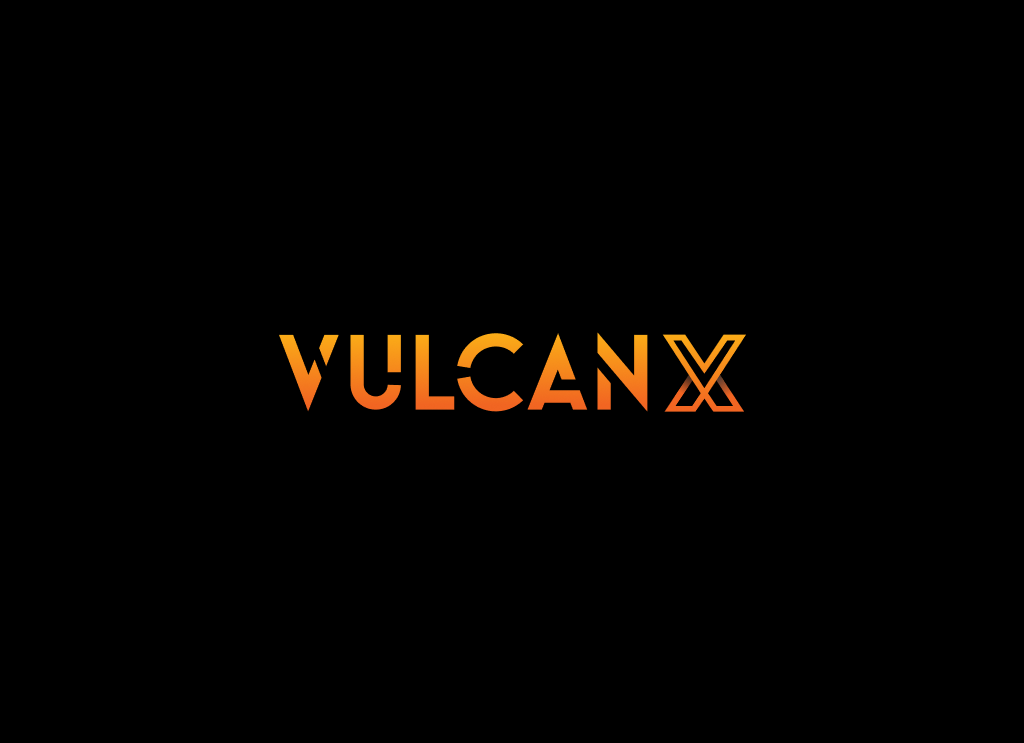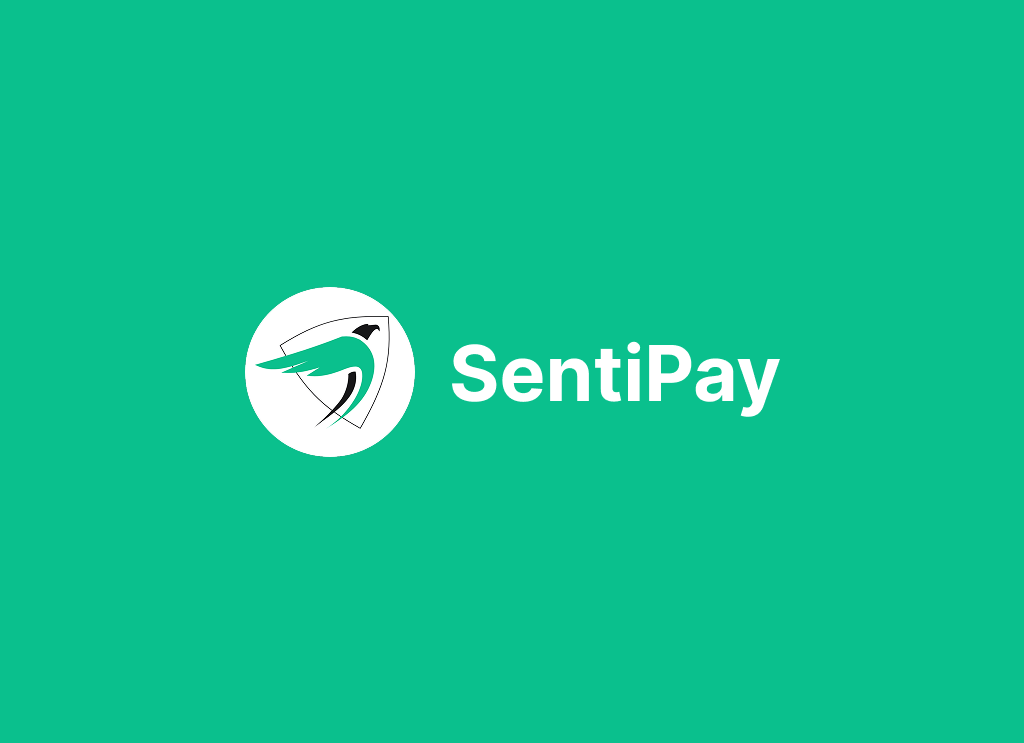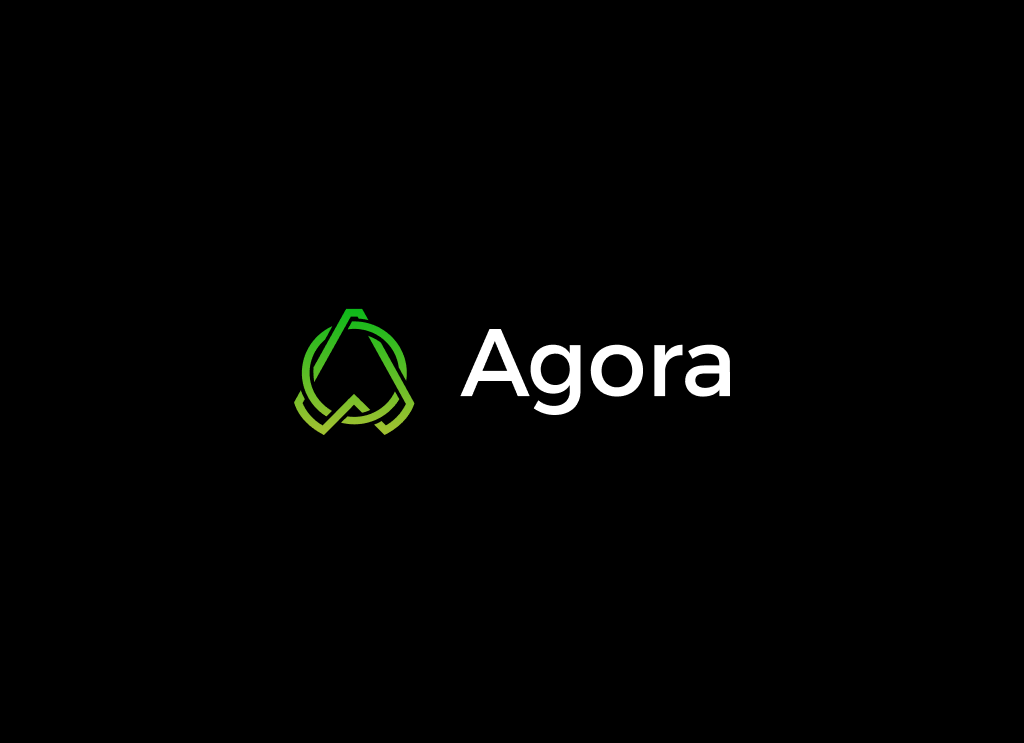Real Estate Tokenization Solutions to Raise Investment Faster
Build your own tokenization system to turn properties into digital assets, with full control over code, compliance, and investor access.
Build your own tokenization system to turn properties into digital assets, with full control over code, compliance, and investor access.







We simplify asset digitization through secure, blockchain-based solutions for property owners, developers, and investment platforms.
Most “tokenization” providers hand you a prefab dashboard. What we offer is entirely different.
We build blockchain tokens for your real estate, helping you raise capital by turning properties into investable digital assets.
You fully own your platform, your investors, and your code — with no platform fees or vendor lock-in.
Launch digital property assets built for investor access, automated returns, and compliance.
Your investors get secure, 24/7 access with automated payouts and built-in compliance.
Whether you’re a property owner, investor, or platform, our team helps you tokenize assets, simplify ownership, and expand market access.
We offer a development-first approach to real estate tokenization, combining on-chain architecture, investor modules, and legal tech to support compliant asset digitization at scale.
Properties Tokenized
Assets Under Management
Volume
Customer Support




Vulcan Forged partnered with bloxbytes to launch, scale, and secure its Web3 gaming ecosystem, enabling millions of transactions with zero downtime.
✓ Custom L2 Blockchain Development
✓ NFT Marketplace, DEX, Token, dApps

To meet the growing demand for high-speed, low-cost transactions, Elysium wanted to develop an L1 blockchain designed to handle web3 applications.
✓ Sustainable blockchain infrastructure
✓ High-performance scalability

VulcanX, a robust crypto exchange platform, provides a secure and seamless trading and onboarding experience like never before for users worldwide.
✓ Full-stack crypto exchange development
✓ Scalable infrastructure for high-growth

Adstaker, a decentralized adtech solution that ensures fair rewards, real-time tracking, and ad fraud prevention — powered entirely by blockchain.
✓ Smart contract-driven transparency
✓ Trustless reward distribution system

SentiPay, a secure, blockchain-based payment gateway that enables fast, compliant, and low-cost global transactions, optimized for modern digital finance.
✓ Web3-enabled payment infrastructure
✓ Seamless and scalable cross-border transfers

Agora, a next-gen NFT marketplace developed on L1 blockchain, delivers fast minting, low fees, and an intuitive interface for both creators and collectors.
✓ Built on Ultra-Fast L1 blockchain
✓ Optimized for speed, UX, and scalability
Your blockchain idea deserves maximum momentum. Let’s start before someone else takes the lead.
We schedule a call at your convenience
We do a discovery and consulting meeting
We prepare a proposal